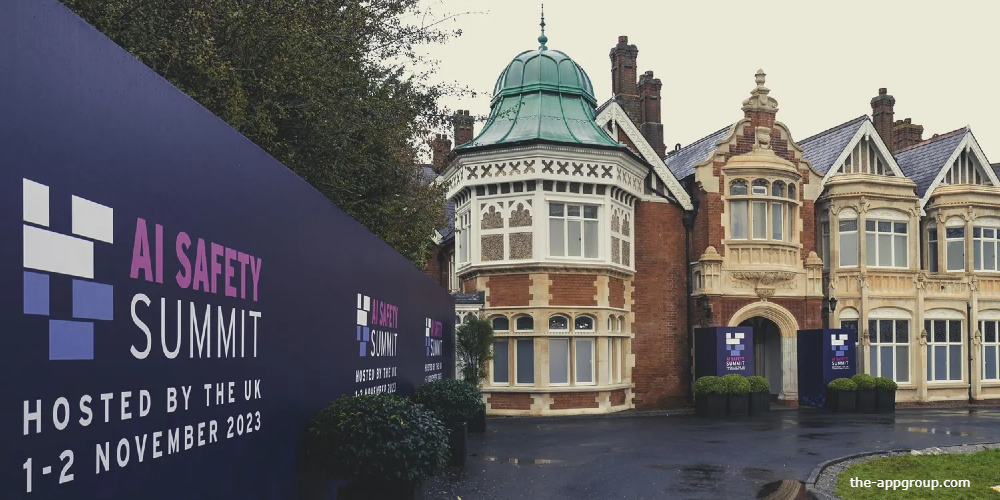International Summit Yields AI Development Security Accord with 18 Nations Onboard
- Nov 26, 2023
- 722

In a landmark move following the first international summit on artificial intelligence, 18 nations came together to endorse "Guidelines for the secure development of AI systems" on November 26. This non-binding agreement aims to inspire firms in the AI arena to adopt "secure by design" principles, ensuring that AI technologies are developed with robust security measures from the start.
Among the signatories of this promising accord the cybersecurity agencies of several prominent countries are included, such as France, the United States, Britain, Germany, and Japan. Even the National Security Agency (NSA) of the United States put its name to the document. Notably absent in the signature, however, were any Chinese organizations, even though China participated in the Bletchley Park summit that preceded the signing.
Alejandro Mayorkas, the Secretary of Homeland Security for the United States, hailed the agreement as "historic," underlining the necessity for developers to prioritize customer protection throughout all stages of AI system design and implementation. Some of the biggest names in the tech industry, including OpenAI, Google, Microsoft, Amazon, and Anthropic, were actively involved in shaping these guidelines.
The accord encompasses 17 overarching principles directed at safeguarding AI models and datasets, enforcing rigorous testing protocols before deployment, and advocating for greater transparency. Nonetheless, certain topics—such as challenges associated with the rise of generative AI or particulars regarding data utilized in training—remain unaddressed within the agreement.
The pact reflects a broader international intent to work collaboratively in response to the swift advances in AI technology. Simultaneously, it serves as a reminder of the current lack of enforceable regulations binding AI companies to such standards. While Europe grapples with its own AI regulatory framework, the AI Act, the trajectory of its negotiations between different political bodies has been stalled owing to hesitations from countries like France. They express concerns over imposing regulations that might be too constricting in comparison to international counterparts.